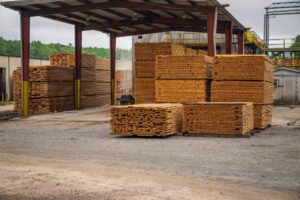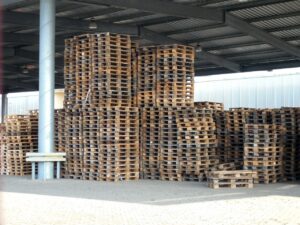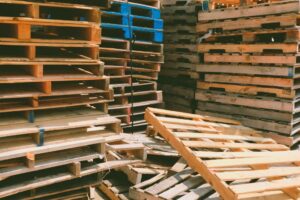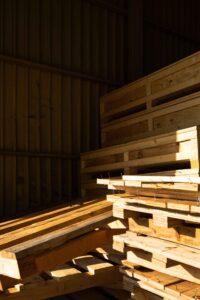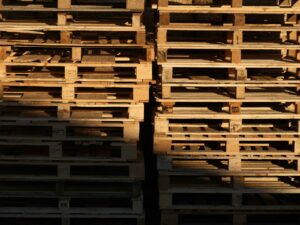1. Introduction
Bamboo activated carbon is a high-demand product used in water purification, air filtration, pharmaceuticals, and various industrial applications. This project focuses on setting up a production unit for high-quality bamboo activated carbon to cater to the growing demand for sustainable and efficient filtration materials.
2. Market Analysis
2.1 Industry Overview
The global activated carbon market is expected to grow at a CAGR of 8-10%, with increasing demand from environmental, healthcare, and industrial sectors. Bamboo-based activated carbon is gaining popularity due to its superior adsorption capacity and eco-friendly nature.
2.2 Target Market
Water and wastewater treatment plants
Air purification industries
Pharmaceutical companies
Food and beverage processing units
Export markets for eco-friendly filtration solutions
2.3 Competitive Advantage
Sustainable and biodegradable raw material
High adsorption efficiency compared to coal-based carbon
Growing demand for green and renewable filtration materials
3. Project Cost and Investment
3.1 Fixed Capital Investment
| Item | Cost (INR) |
|---|---|
| Land & Building (Rent) | |
| Machinery & Equipment | |
| Kiln & Activation Furnace | |
| Packaging & Storage Setup | |
| Miscellaneous Expenses | |
| Total Fixed Capital |
3.2 Working Capital (3 Months)
| Item | Cost (INR) |
|---|---|
| Raw Materials (Bamboo) | |
| Labor Wages | |
| Utility Bills | |
| Marketing & Promotions | |
| Miscellaneous | |
| Total Working Capital |
3.3 Total Investment Requirement
Fixed Capital + Working Capital =
4. Production Process
Bamboo Sourcing – Procuring high-quality bamboo from sustainable sources.
Carbonization – Heating bamboo in an oxygen-limited environment to create charcoal.
Activation Process – Using steam or chemicals to enhance the adsorption properties of carbon.
Grinding & Sieving – Processing carbon into different granular and powdered forms.
Quality Control – Testing adsorption efficiency and purity levels.
Packaging & Distribution – Eco-friendly packaging and shipment to industrial clients.
5. Revenue Model & Profitability
5.1 Expected Sales & Pricing
| Product | Selling Price/Kg (INR) | Monthly Production (Kg) | Monthly Revenue (INR) |
|---|---|---|---|
| Granular Activated Carbon | |||
| Powdered Activated Carbon | |||
| Custom Industrial Carbon | |||
| Total Monthly Revenue |
5.2 Monthly Expenses
| Expense | Cost (INR) |
|---|---|
| Raw Materials | |
| Labor Wages | |
| Utility Bills | |
| Marketing & Promotions | |
| Maintenance | |
| Miscellaneous | |
| Total Monthly Expenses |
5.3 Monthly Profit Calculation
Revenue – Expenses =
5.4 Annual Profitability
6. Break-Even Analysis
Break-even Point (BEP) = Fixed Costs / Contribution Margin
Fixed Costs =
Contribution Margin = Selling Price – Variable Cost per unit
Assuming an average contribution margin of 50%: BEP =
7. Funding Options
Government Schemes (MSME loans, Startup India benefits)
Bank Loans & Credit Facilities
Angel Investors & Venture Capital
8. Sustainability & Future Growth
Expansion into advanced carbon filtration products
Collaboration with water purification and air filtration companies
Export potential in high-demand industrial markets
